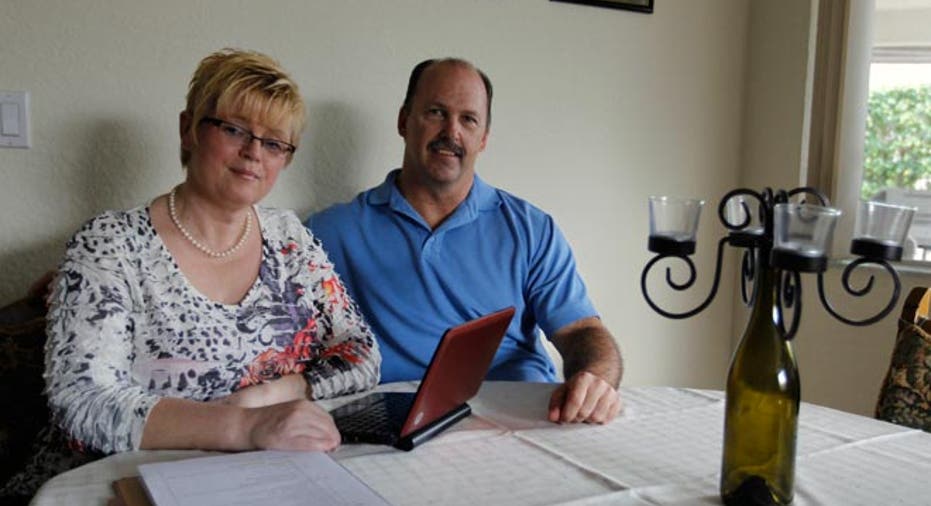3 Biggest Financial Blunders Made by Baby Boomers

We’ve all made financial blunders at one time or another. But the negative impacts are particularly severe for baby boomers near or in retirement. Typically, they have more to lose and much less time to correct negative impacts.
“The reality is this…with many of the Boomers in America today, since most people spend first and plan later – if at all – it only makes sense that the behavioral circus of poor money continues. There’s really very little mystery as to this read-fire-aim mentality,” says Jim Chilton, founder and chief executive officer for the Society for Financial Awareness (SOFA).
According to Chilton, these are the three biggest financial blunders made by baby boomers – and ways you can avoid the trap:
Trying to do too much, too quickly
Retirement is really something to celebrate, but don’t let the celebration run too long -- and don’t spend all your money at once. Saving for retirement is one thing, learning how to make that retirement nest egg last 25 to 30 years or even longer is another.
“This is an educational and behavioral issue” says Chilton. “We in America, for the common individual, have it backwards. Baby boomers should be OK when they have savings, pay cash for purchases, and rarely use credit. Unfortunately that’s not the case. We live in a time where we purchase many things we can’t afford, with money we don’t have, for items we don’t need. Do this a lot and you’re doomed.”
Giving little time to retirement or long-term goals
For the baby boomers who, for whatever reasons, have fallen behind in their retirement planning, crunch time is here. Boomers in their 50s and 60s can still take steps to manage their finances more effectively to insure they reach their retirement goals. It’s never too late to be sure your financial plan is in order.
“All healthy people believe it’s the other guy who is going to die soon, or retire broke,” Chilton says. “No way it happens to us! And the Kool-Aid flows!”
He says you can break the cycle by “putting away money, for yourself, consistently over time.”
Living without a net
Preparing for the unexpected financial pitfalls of retirement can be stressful. It’s no surprise that when life presents an emergency it not only threatens your financial wellbeing, but also your physical wellbeing.
If you are living without a safety net, you are living on the financial edge – hoping to get by without a financial crisis. This is like playing with fire. Part of your savings should be set aside to serve as an emergency fund, in case you lose your job or have major health issues.
“Unfortunately, in day-to-day dealings with clients, the definition of the safety net has taken on a life of its own. To most boomers their answer is ‘I’d use my credit card.’ That’s not a solution, because most are using that daily to live beyond their means. It’s the same with their kid’s college planning. Their answers is ‘I can use my 401k for that.’ [It’s] unbelievable, talk about living in a home with no mirrors!”



















